Words are celebrities to me.
A well written article is my People magazine and a brilliant book is my Rolling Stone. A finely crafted sentence is a rock star, and I think the world would be a better place if we adored words as much as Hollywood hotties.
I recently revisited my list of favorite words, my literary look book. I wondered how could I craft this into a blog post? What’s so interesting about my favorite words, I wondered? How on earth are words topical?
Words are not topical per se, but vocabulary is. I, like many people, complain about the decline in communication skills and quality. Young people are becoming less articulate and even lack basic conversational skills.
Being a social science lover, I wondered what the studies say. Not being currently matriculated anywhere, I found the studies to say, “I’m playing hide and seek in academic databases to which you have no access.”
Decline in Vocabulary, Decline in Success
Test scores and General Social Survey aside, I did find this UCLA study showing the decline of critical thinking and analytical ability to be correlated to technology usage, not to mention a decline in reading. This Wall Street Journal editorial (based on this essay) by noted humanities professor E.D. Hirsch asserts very clearly, “…vocabulary size is a convenient proxy for a whole range of educational attainments and abilities—not just skill in reading, writing, listening, and speaking but also general knowledge of science, history, and the arts.”
You may not agree with E.D. Hirsch’s educational philosophy (the essay is broad ranging), but I do think we can agree: vocabularees r not to gr8 theez days. What’s the big deal? We’re not all writers. We’re not all geniuses. Times change. Why do we need to develop our vocabulary, even into adulthood, or when an app can do it for me? In this great article over at the Art of Manliness blog, Brett McKay covers not only why words are important, but how to build your vocabulary. You should read the whole article, but he explains that it’s important not only to know words, but to use them well. Using them well gives you the ability to understand more of what you read, to be able to express yourself, persuade others, and make a good impression. Who doesn’t want to be better at all of those things?
5 Steps to a Better Vocabulary
McKay recommends five basics steps to improving your vocabulary:
-
Read – Anything, really, will give you exposure to new words. (I’m working on this.)
-
Listen – Surround yourself with intelligent people, listen to articulate people’s words.
-
Write down words you hear that you don’t know,
-
Look up the words that you don’t know and write down the definition.
- Use those words soon thereafter in conversation.*
*McKay cautions us to match our vocabulary practice to the context. The chatty guy at your local dollar store possibly doesn’t care how loquacious you think he is.
Introducing a new blog feature
Taking to heart my desire to read and write more, I’m creating a regular feature on my blog to hold me to this and keep me inspired. I love alliteration, so every Wednesday will be Word Wednesday. I’ll share my favorite words, their meanings, and where I discovered them (if I remember). I’ll write a phrase with it and invite you to write a sentence with it, too, in the combox so you can work on your vocabulary and increase your influence, too!
More Vocabulary Tools
Here are some of my favorite word resources–old and new. What are yours?
- Vocab apps: Advanced English Dictionary & Thesaurus (iOS), Professor Word (browser & iOS), & Vocab PRO (android)
-
Words I Love – great little blog to with words and fun commentary and description
-
Anthony Esolen’s Grammar Lesson of the Day and Word of the Day – English professor Anthony Esolen does a bang up job schooling us on words and how to use them.
-
Word Up – What’s the best dictionary? A writer takes a close look.
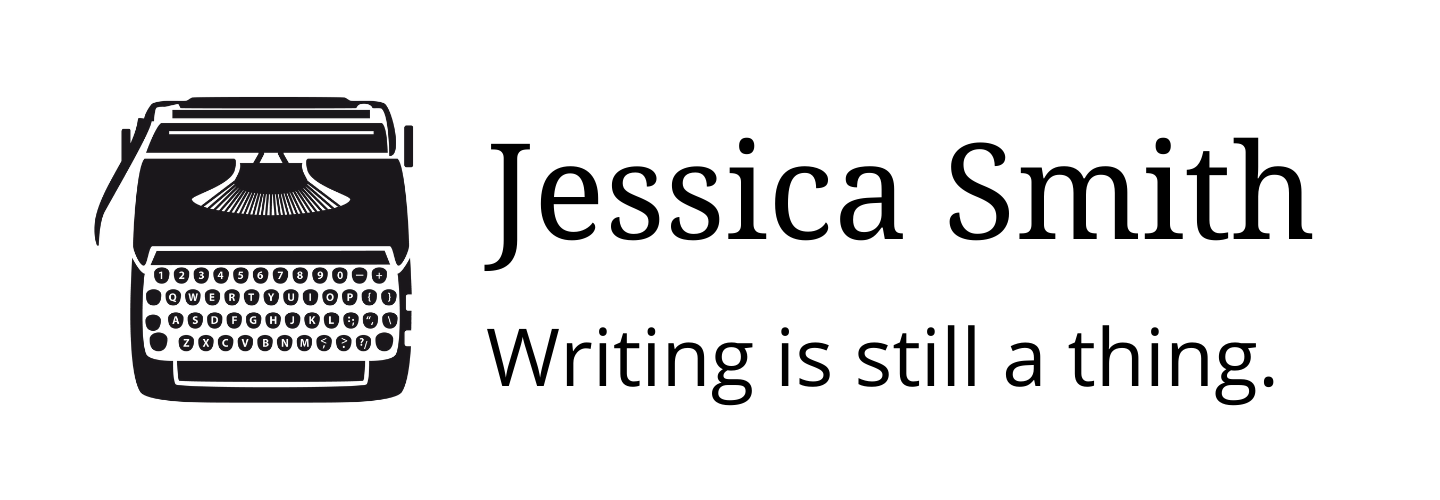
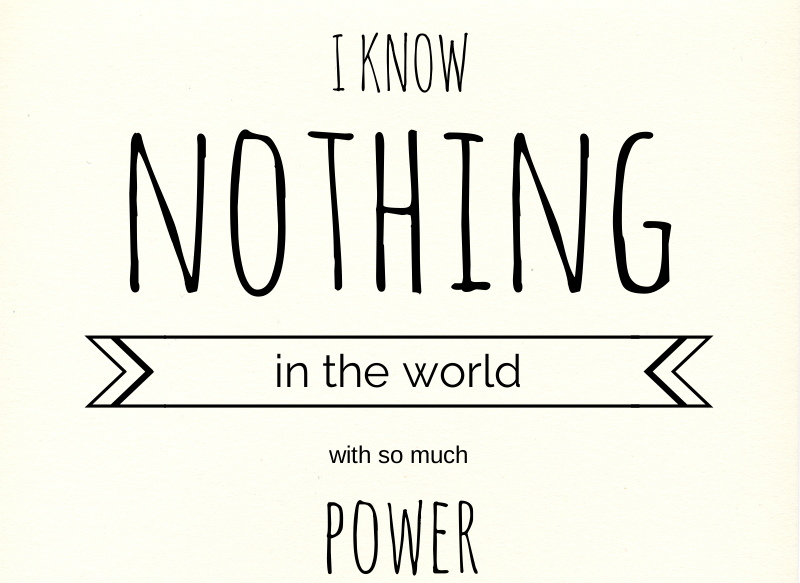
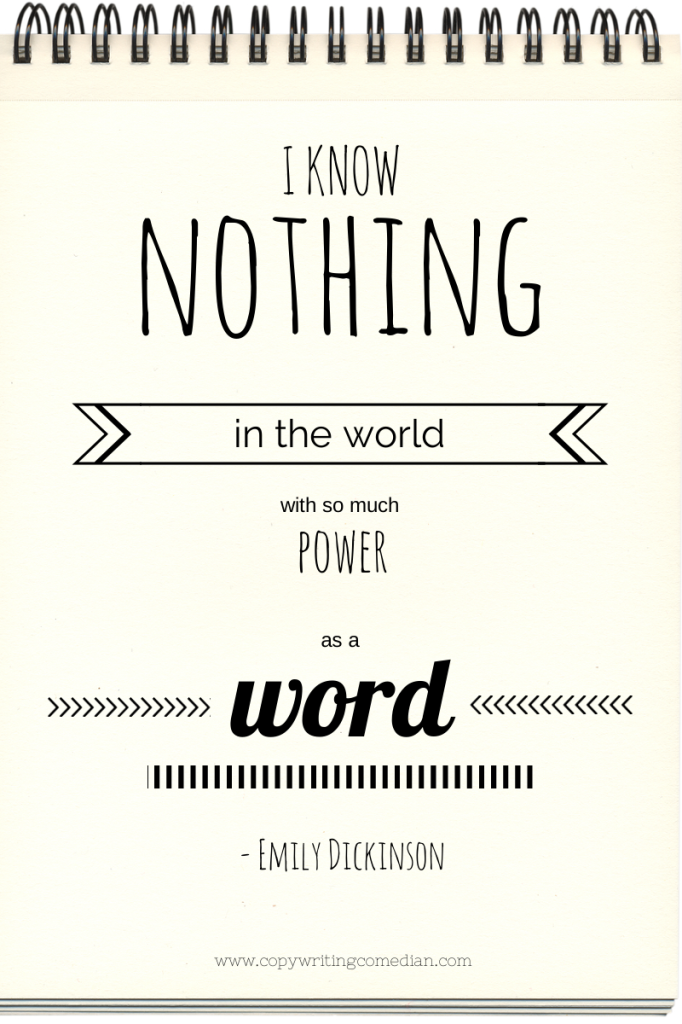
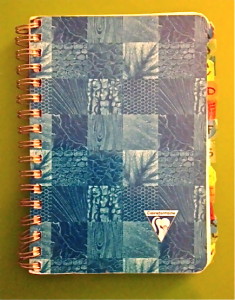

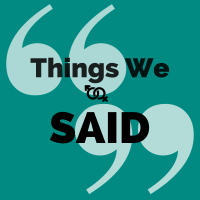
Thanks for this, Jessica. I’m reminded of a little anecdote from when Oprah asked Toni Morrison about her book Beloved:
Thanks for stopping by, Eric! That’s a wonderful anecdote and so true. I can think of several books that got me. I checked out “Infinite Jest” from the library a while ago, and it’s so well written–not an ancillary word!–and so dense that I had to repeatedly go back over sections. Sadly, someone else put the book on hold so I couldn’t renew it. I can’t wait to get back to it. What’s the last (non-academic) book you read like that? Also, professor, what are some of your favorite vocab resources?
I’ve heard so much about David Foster Wallace, but never cracked one of his books, let alone his much-lauded magnum opus.
The last non-academic book that did that to me…well, I don’t know. It actually might be a comic book (that I’m way behind on) called The Unwritten. Mainly from all the literary references that keeps you on your toes. Chesterton’s Orthodoxy and Heretics is like that, now that I think about it. China Miéville’s The City & The City, at the level of its metaphor, is very rich, despite it being written on the occasion of a murder mystery.
Thanks for the titular deference, but I’m just a mere ‘Dr.’ without a post, not even a lecturer anywhere. That being said, I’m pretty much a newb with regard to online vocabulary tools. I mainly just use thesauraus.com or Merriam Webster’s dictionary and their Word of the Day emails. I’ll definitely be checking out the links above, though. I love those kind of resources to inspire crafting the texture of language.
I’d not heard of DFW until my husband mentioned him a year or so ago, so I figured I’d jump in the deep end.
Just looked up The Unwritten. Looks interesting, as does The City & The City. I’m a fan of mysteries, although I haven’t read one in a while.
I stand corrected re: professor, although it was mostly a tongue in cheek address. Happy vocab hunting! Btw, a new one: I just signed up for emails from VisualThesaurus.com.